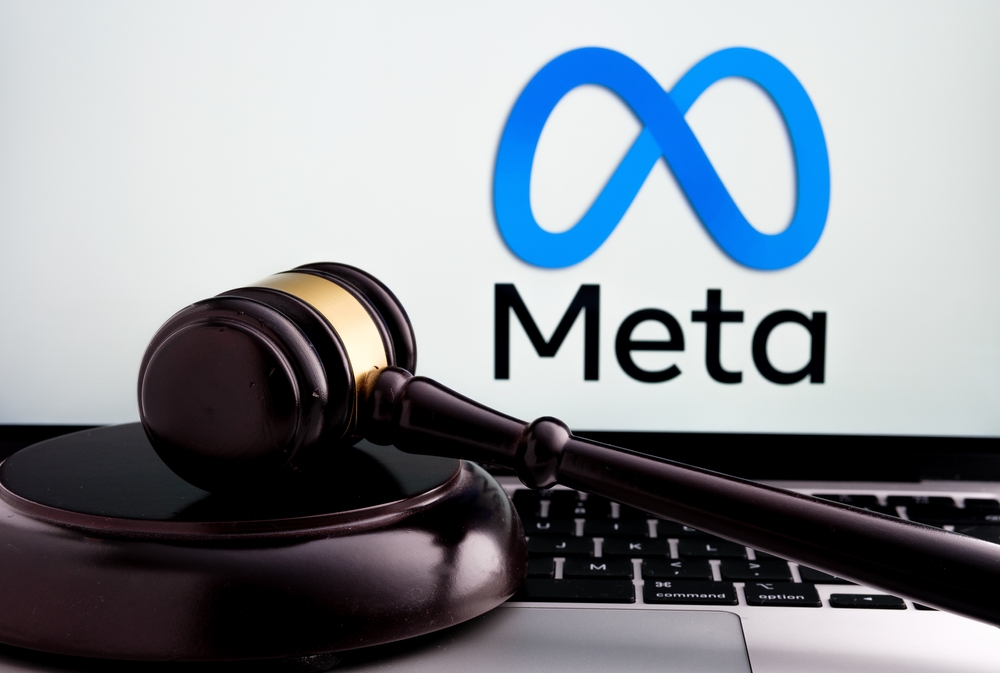Meta, the parent company of Facebook, has taken legal action against the US Federal Trade Commission (FTC), alleging a breach of the US Constitution. The lawsuit aims to halt the FTC’s ongoing efforts to revise the 2020 agreement, which saw Meta agreeing to a record-breaking $5 billion fine and implementing internal privacy adjustments. The US District Court, previously refraining from jurisdiction over the agreement, permitted the FTC to continue its review process.

FTC’s Allegations and Meta’s Response
In a twist, the FTC accused Meta of further breaching confidentiality obligations, prompting internal proceedings to renegotiate the 2020 settlement. Reacting to this, Meta contested the move, asserting that the FTC’s dual role as prosecutor and judge in administrative proceedings violates due process rights.
Christopher Sgro, a spokesperson for Meta, emphasized, “The FTC’s attempt to unilaterally alter our privacy settlement raises significant concerns. Acting as both prosecutor and judge within the same case is not justifiable.” The FTC chose not to comment on the matter.
Broader Implications and Other Entities’ Concerns
Meta’s recent lawsuit raises intricate constitutional queries concerning the FTC’s actions. However, Meta isn’t the only entity expressing discontentment with the FTC. Illumina, a biotech company, facing FTC’s pressure to annul its $7 billion acquisition of cancer detection startup Grail, also contends that the agency’s internal proceedings infringe on constitutional due process rights, portraying governmental overreach.
Constitutional Challenges for Regulatory Bodies
Beyond Meta and Illumina’s legal battles, constitutional challenges also confront other US regulatory bodies, notes NIX Solutions. The US Supreme Court recently deliberated on a case that could potentially curtail the Securities and Exchange Commission’s authority to levy substantial fines through staff judges.
Meta’s legal confrontation with the FTC not only underscores broader concerns regarding due process and regulatory authority but also highlights similar struggles faced by other entities within the US regulatory landscape.
